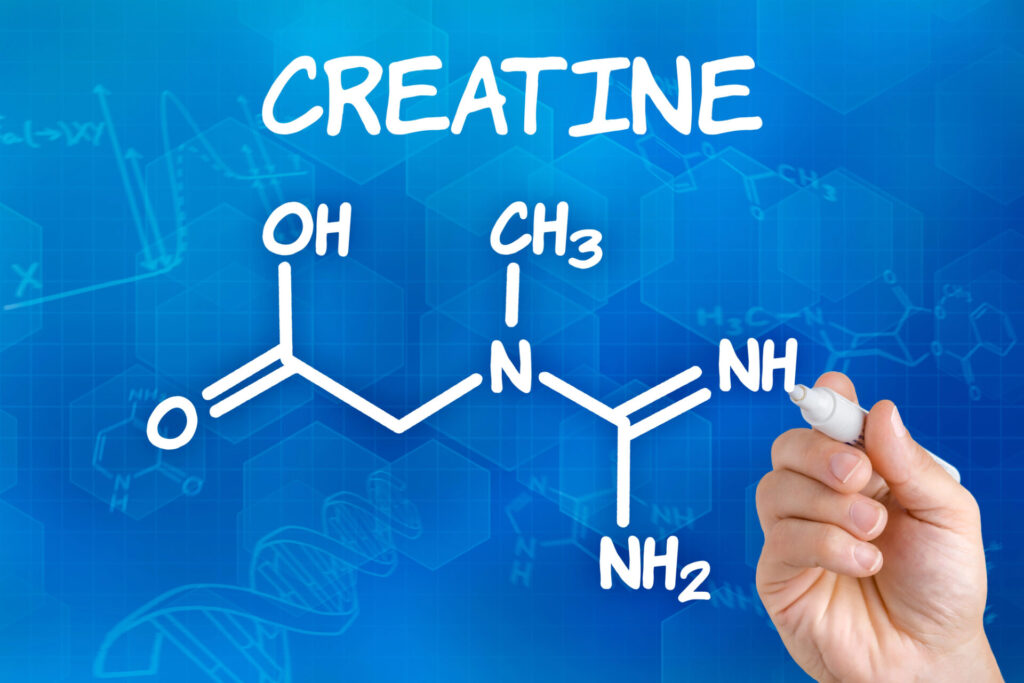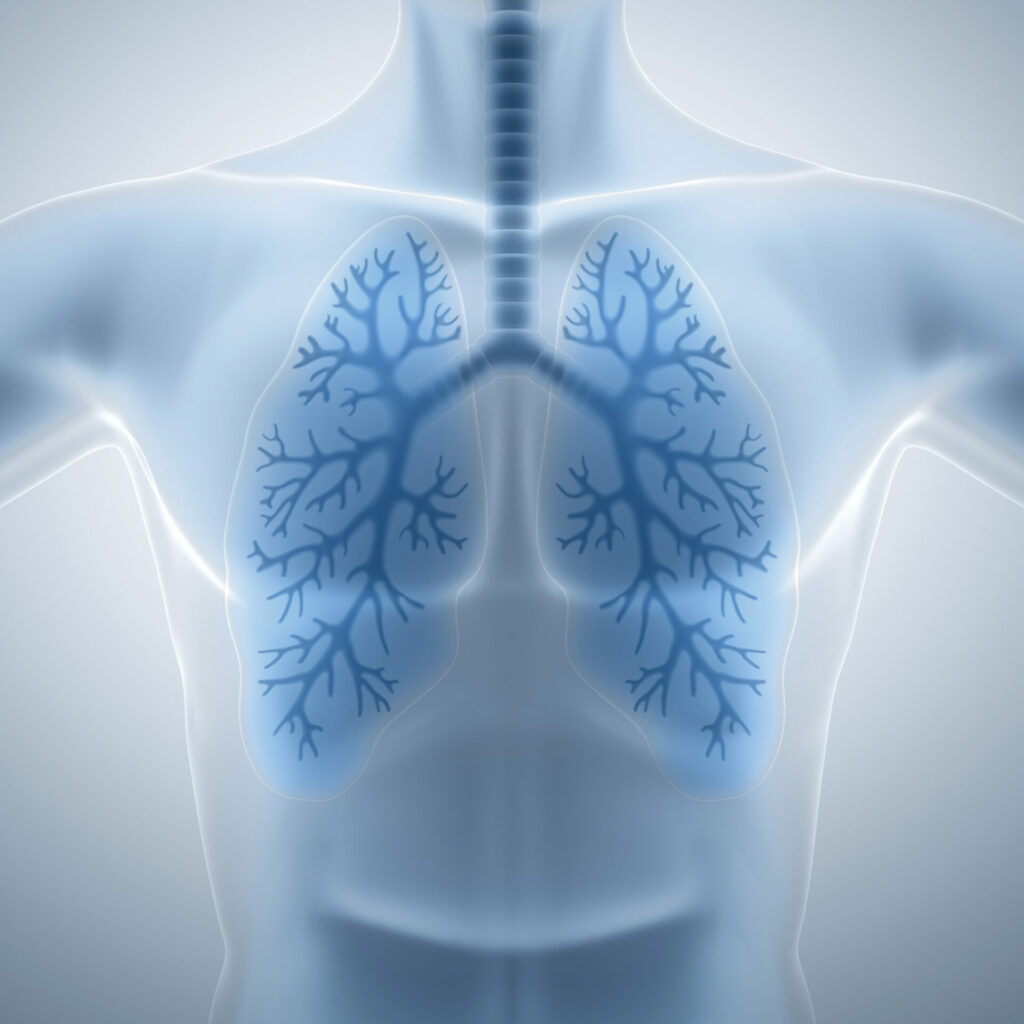Peripheral artery disease (PAD) is characterized by a narrowing or blockage of vessels that carry blood to the extremities, most commonly the legs. It’s caused by atherosclerosis, a buildup of fatty plaque in the arteries, associated with smoking, diabetes, high blood pressure, and high cholesterol. The most common symptom is pain in the buttocks, hips, thighs, or calves during physical activity, which improves with rest. Walking often becomes painful, and the disease typically causes a decline in walking ability over time.
Treatments include supervised exercise programs to increase blood flow to the legs and surgery to bypass blocked arteries, both of which may improve quality of life and reduce symptoms, but come with their own drawbacks. Now, however, a team led by scientists from the University of Florida has discovered a non-invasive, inexpensive treatment that can improve walking ability in patients with PAD. Their research was published on June 13 in the journal Nature Communications.
The researchers recruited 90 people with an average age of 71 who had peripheral artery disease to test the effects of nicotinamide riboside (NR), a form of vitamin B3 sold over the counter as a dietary supplement that’s become increasingly popular in recent years for its purported anti-aging benefits. Until now, however, there has been scant evidence of any benefit of NR in healthy people.
The supplement is a precursor for the essential compound NAD, which plays roles in the body related to energy generation, improved blood flow, and DNA repair. Because PAD is associated with problems generating energy within muscle cells, the researchers thought that nicotinamide riboside could help improve walking in people with the disease by improving energy generation.
As part of the randomized, double-blind, placebo-controlled study, participants were divided into three groups, with each group taking five pills per day for six months. The first group received two 250mg capsules of NR twice daily and a once-daily placebo, the second group received five placebos, and the third received two NR capsules twice daily and one 125mg capsule of resveratrol once daily.
Using a treadmill test, the researchers measured walking ability at baseline and at three and six months of intervention. Participants also completed a walking impairment questionnaire.
Analysis found that participants taking the supplement walked an average of 23 feet more in a six-minute walking test after six months, while those taking a placebo walked 34 feet less. This decline in the placebo group was expected, as walking distance tends to decrease as PAD progresses.
Participants who took at least 75% of the pills they were supposed to take performed even better. Compared to the placebo group, participants who took NR alone significantly improved their 6-minute walk distance by roughly 100 feet, while those in the NR + resveratrol group improved their 6-minute walk distance by 88 feet. This led the researchers to conclude that adding resveratrol—which may also increase NAD levels—produced no benefit.
Conclusions
While the trial was relatively small and the duration relatively short, the results are encouraging enough to warrant further investigation, the researchers say.
“This is a signal that nicotinamide riboside could help these patients,” said the report’s senior author Christiaan Leeuwenburgh, PhD. “We are hoping to conduct a larger follow-up trial to verify our findings.”
In addition to a larger trial focused on patients suffering from PAD, Leeuwenburgh hopes to test the effects of nicotinamide riboside on walking performance in healthy older adults. “We need to test it on a healthy older population before we recommend healthy people take it,” he said.






